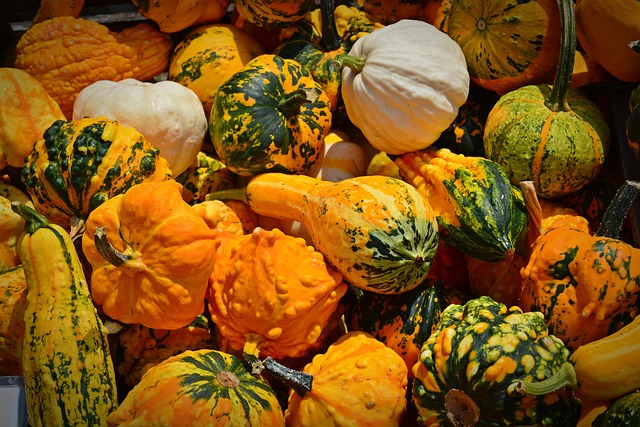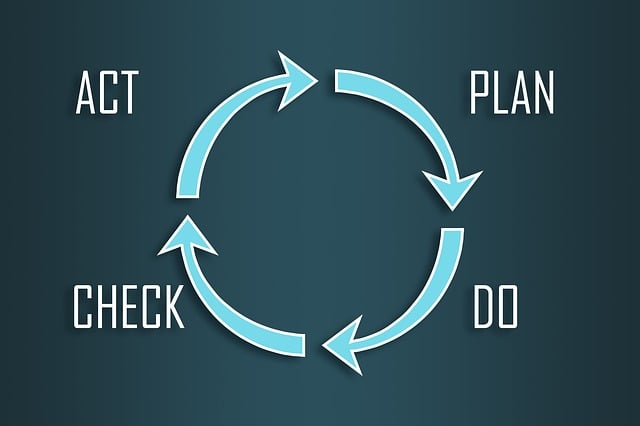Successful event planning for local businesses goes beyond surface level observations, requiring comprehensive research to understand residents' needs and interests. This includes engaging with locals, analyzing demographics, collaborating with community leaders, and identifying shared goals. By aligning events with the community's unique identity through culturally relevant festivals, workshops, or age-group specific activities, organizers foster a sense of belonging. Collaborative planning, incorporating community feedback, ensures enjoyable and impactful events that strengthen local ties.
“Community outreach events are a powerful tool for local businesses to engage and support their surroundings. Effective event planning begins by understanding the pulse of the community—its needs, interests, and demographics. This article delves into the art of organizing successful community initiatives.
We explore strategic steps from identifying local passions through surveys and focus groups to developing captivating themes and activities that resonate. Logistics play a crucial role in promotion and accessibility, ensuring events reach their target audience. Discover how venue selection, marketing tactics, and collaborations can make your business’s outreach efforts memorable and impactful.”
- Identifying Community Needs and Interests
- – Understanding the local community: demographics, cultural events, and existing organizations
- – Conducting surveys and focus groups to gather input from potential attendees
Identifying Community Needs and Interests

When planning community outreach events for local businesses, understanding the needs and interests of the community is paramount. It’s crucial to go beyond surface-level observations and engage in thorough research to unearth the true pulse of the community. This involves reaching out to residents, analyzing existing data on demographics, economic trends, and local initiatives, as well as collaborating with community leaders and existing organizations. By identifying shared goals, challenges, and passions, event planners can create gatherings that resonate deeply with participants.
Tailoring events to align with the community’s unique identity fosters a sense of belonging and encourages sustained engagement. This could mean organizing cultural festivals celebrating diverse backgrounds, hosting educational workshops addressing pressing local issues, or arranging recreational activities that cater to various age groups and interests. Event planning should be a collaborative process, where businesses actively listen to and incorporate feedback from community members, ensuring the events planned are not only enjoyable but also impactful and relevant to everyone involved.
– Understanding the local community: demographics, cultural events, and existing organizations

Understanding your local community is a vital step in successful event planning for local businesses. By delving into the demographics, you can tailor events to resonate with specific age groups, cultural backgrounds, and interests. For instance, a family-oriented community might benefit from interactive workshops and outdoor activities, while a diverse urban area could appreciate multicultural festivals celebrating various traditions.
Cultural events play a significant role in community outreach. Local businesses should aim to support and participate in these events, fostering connections with the community. Existing organizations, such as community centers or non-profit groups, can be valuable partners in planning events that align with local needs and preferences. Collaborating with these entities ensures your efforts are inclusive, well-received, and have a lasting impact on strengthening community ties.
– Conducting surveys and focus groups to gather input from potential attendees

To ensure that community outreach events are a resounding success, it’s crucial to start with robust event planning for local businesses. One critical step in this process is conducting surveys and focus groups to gather valuable input from potential attendees. By reaching out to the community directly, organizers can gain insights into the types of activities, themes, and formats that resonate most with the target audience.
This strategy enables a deeper understanding of local needs and preferences, leading to more engaging and inclusive events. Surveys and focus groups provide quantitative and qualitative data, respectively, allowing for informed decisions on event logistics, marketing strategies, and overall participant satisfaction. This collaborative approach not only enhances community involvement but also fosters stronger relationships between local businesses and their clientele.
By thoroughly understanding the needs and interests of their local community, businesses can effectively tailor their event planning efforts. Through demographic analysis, cultural awareness, and direct engagement with potential attendees via surveys and focus groups, Event Planning for Local Businesses can ensure their outreach events resonate deeply and positively impact the community. This strategic approach fosters stronger connections between businesses and their neighbors, creating a vibrant, inclusive environment that benefits all involved.














